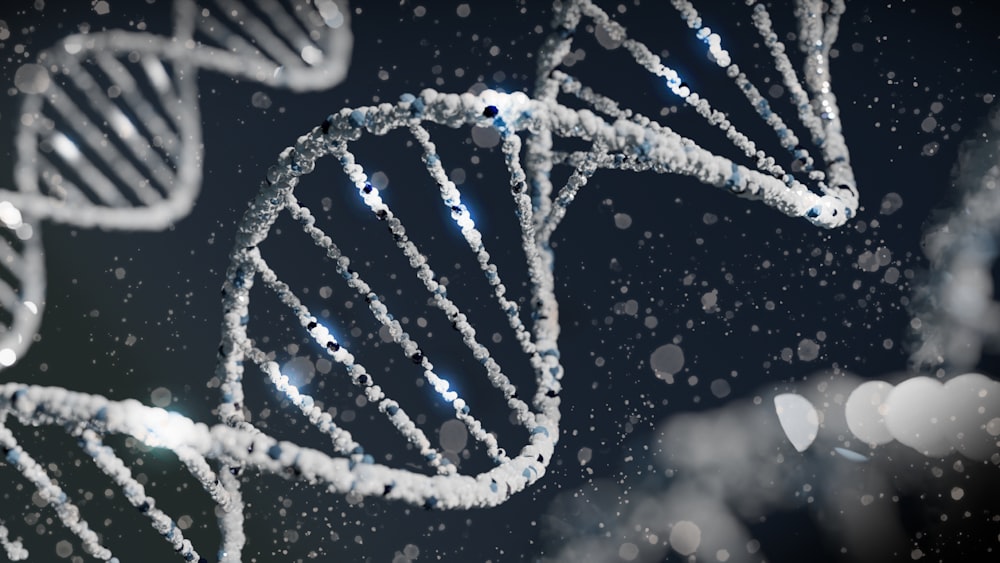Unraveling the Mysteries of Genetics

I. Understanding the Basics of Genetics
At the core of genetics lies the concept of genes, the units of heredity that carry instructions for the development, functioning, and reproduction of organisms. These genes are composed of DNA (deoxyribonucleic acid), a molecule with a unique structure consisting of a double helix made up of nucleotide base pairs. The sequence of these base pairs determines the genetic code, which governs the traits and characteristics of an organism.
II. Historical Milestones in Genetics
The journey of genetics as a scientific discipline dates back to the mid-19th century when Gregor Mendel conducted his groundbreaking experiments on pea plants, establishing the principles of inheritance. Mendel's laws of segregation and independent assortment laid the foundation for modern genetics, although his work went largely unnoticed until its rediscovery in the early 20th century.
Building upon Mendel's work, researchers such as Thomas Hunt Morgan elucidated the role of chromosomes in inheritance, while others like Barbara McClintock uncovered the phenomenon of genetic transposition. The discovery of the structure of DNA by James Watson and Francis Crick in 1953 marked a pivotal moment in genetics, providing insights into the molecular basis of heredity.
III. Contemporary Advances in Genetics
The field of genetics has witnessed rapid progress in recent decades, driven by advancements in technology such as next-generation sequencing, CRISPR-Cas9 gene editing, and high-throughput genomics. These technologies have revolutionized our ability to study and manipulate the genetic material, leading to breakthroughs in areas such as personalized medicine, agricultural biotechnology, and evolutionary biology.
IV. Applications of Genetics in Medicine
Genetics plays a crucial role in healthcare, with applications ranging from genetic testing and counseling to the development of targeted therapies for genetic disorders. By analyzing an individual's genetic makeup, healthcare providers can assess their risk of inherited conditions and tailor treatment plans accordingly. Furthermore, advances in pharmacogenomics allow for more precise dosing and selection of medications based on genetic factors, enhancing therapeutic outcomes and minimizing adverse effects.
V. Ethical Considerations in Genetics
As the power and reach of genetic technologies continue to expand, so too do the ethical dilemmas they present. Issues such as genetic privacy, informed consent, and equitable access to genetic services pose significant challenges for policymakers, healthcare professionals, and society at large. Moreover, the potential for misuse of genetic information, including discrimination and stigmatization, underscores the need for robust ethical frameworks to govern the responsible use of genetic data.
VI. Future Directions in Genetics
Looking ahead, the field of genetics holds immense promise for further innovation and discovery. Emerging technologies such as single-cell sequencing, epigenetics, and synthetic biology are poised to unlock new insights into the complexities of genetic regulation and inheritance. Moreover, ongoing efforts to decipher the human genome and elucidate the genetic basis of complex traits offer hope for improved diagnostics, treatments, and preventive interventions across a wide range of diseases.
VII. Conclusion
In conclusion, genetics stands as a cornerstone of modern biology, offering profound insights into the mechanisms of heredity and evolution. From its humble beginnings with Mendel's peas to the cutting-edge technologies of today, the field of genetics has continually pushed the boundaries of scientific knowledge and technological innovation. As we continue to unravel the mysteries of the genetic code, we are poised to unlock new possibilities for understanding, treating, and ultimately harnessing the power of genetics for the betterment of humanity.
Through this comprehensive exploration, we gain a deeper appreciation for the remarkable complexity and beauty of the genetic blueprint that shapes life on Earth, inspiring awe and wonder at the marvels of nature and the ingenuity of human inquiry.

































